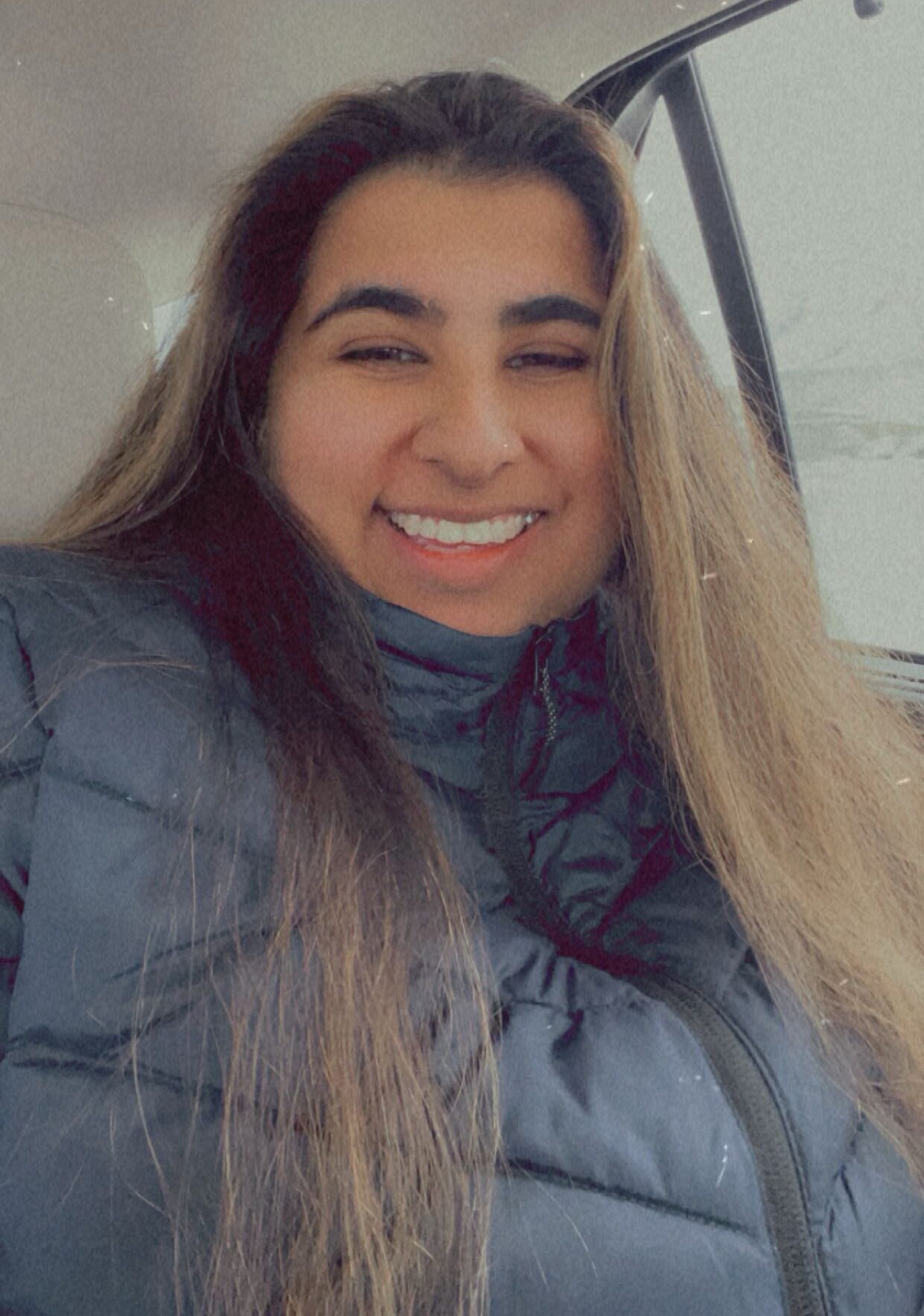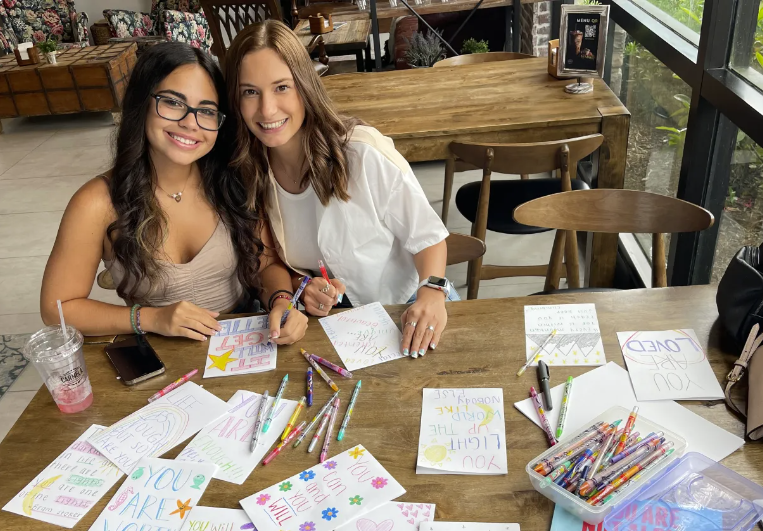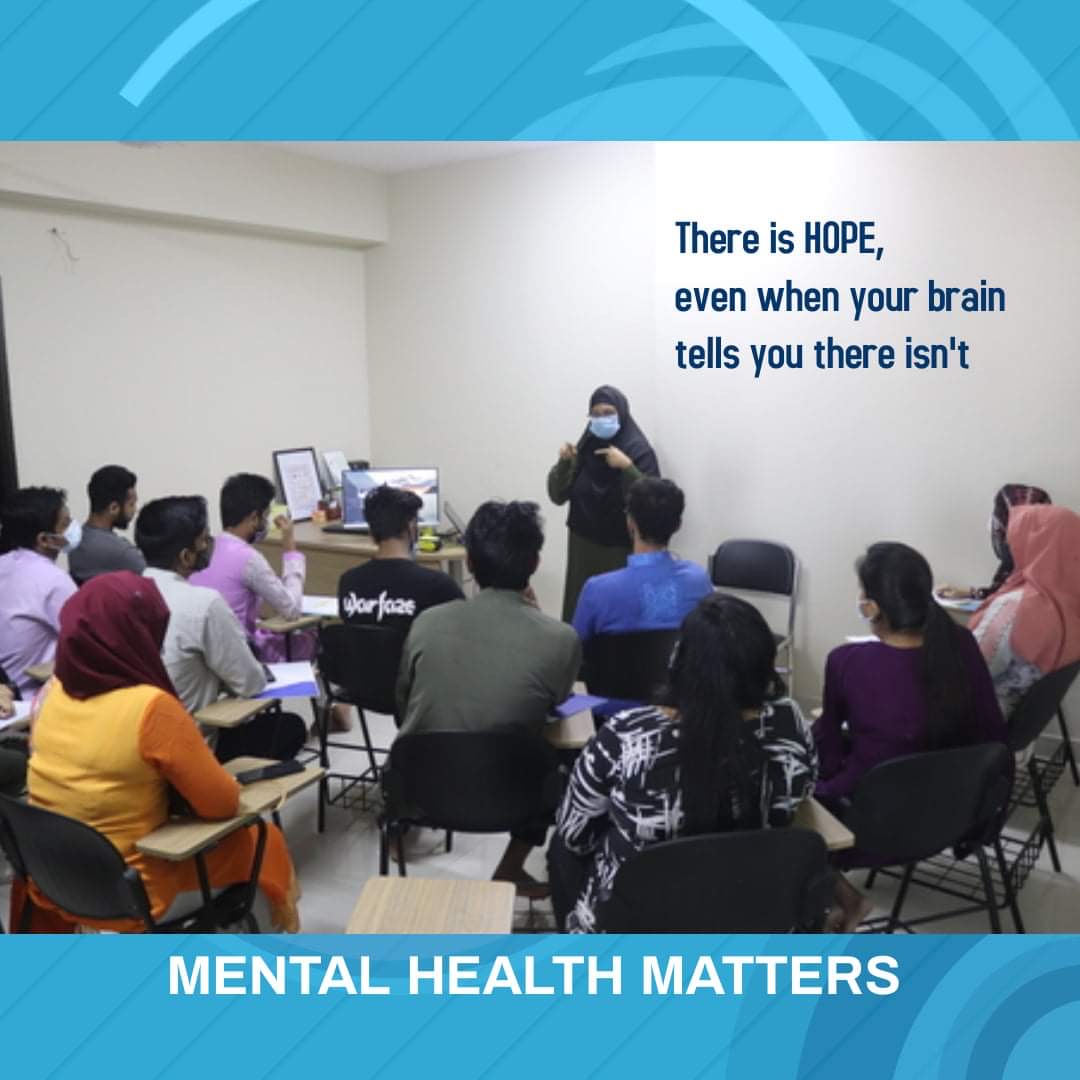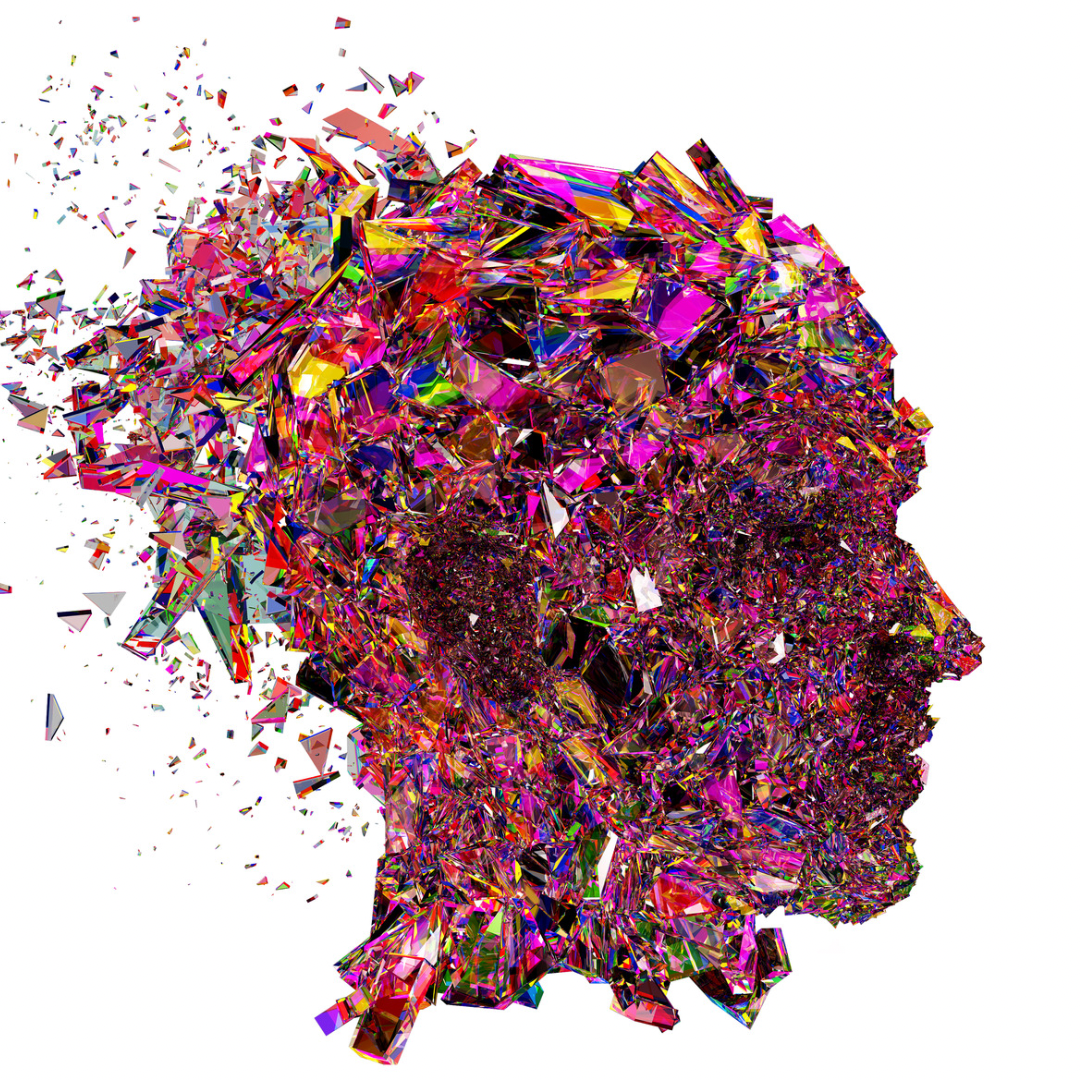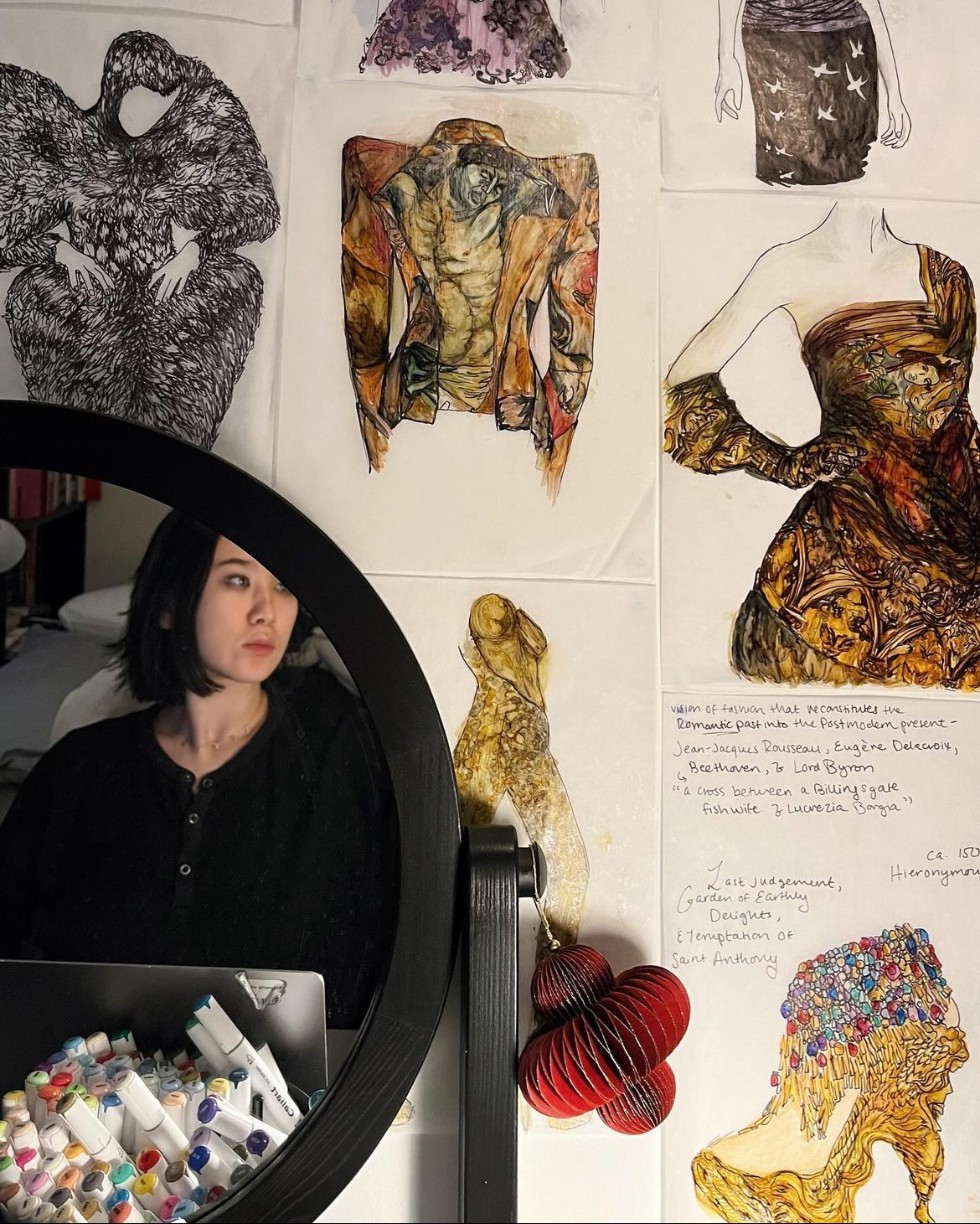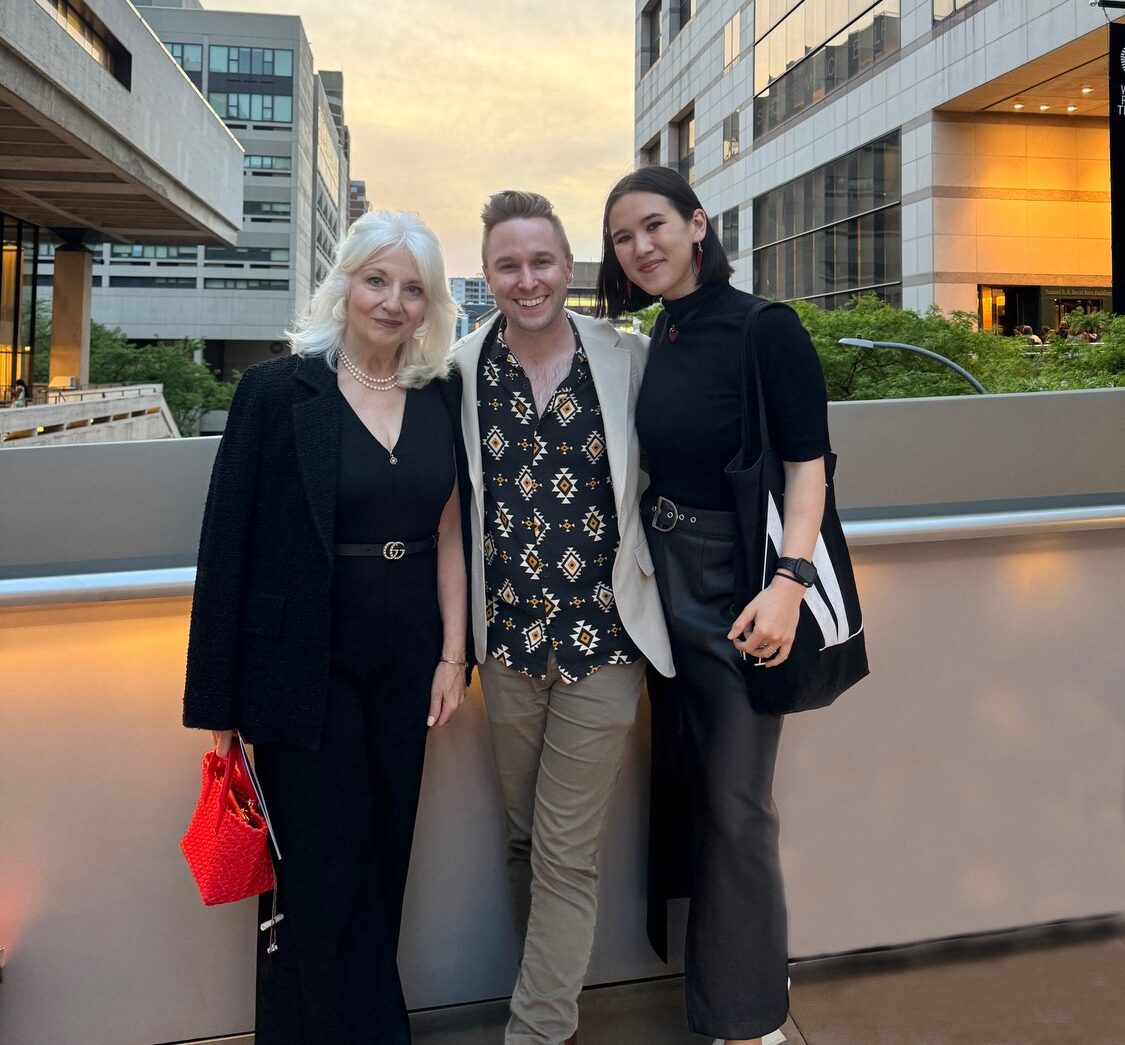At 21 years old, I’m a mental health advocate and in my second year of recovery. I have struggled with my mental health for most of my life, and I didn’t speak up about it until I was 18 years old.
I was silent most of my life, even when I was getting help. I had my crisis back in 2021 and started finally taking my mental health seriously and admitted that I needed help. I finally got the support I needed. I learned that I am not my diagnosis, and I can still live a normal life with therapy, a meal plan, and meds because sometimes, we all need a little help. Life goes up and down, left and right, and recovery isn’t linear. I’ve realized that I don’t have to be perfect. Sometimes it’s okay to be overly anxious or worried or to fight to get out of bed. Sometimes it’s okay to have a mental health day; I’m not lazy just because I took a day for myself.
I read a quote that says even if you take a day for yourself, the world can wait for you. Treat it as if you’re sick: drink enough liquids, eat your favorite food, sleep a lot, watch your favorite movie or TV show, and talk to a friend and a trusted adult when you are struggling.
I also struggled with opening up at times. I would always tell my therapist how I was feeling, but then when it came to friends, I didn’t know how to say, “Hey, I need help.” I was bullied for most of my life, so I knew how to isolate myself and not say much. Now, I’m more open and I speak my mind. I feel more comfortable speaking on what I think is right and protecting my mental and physical health, and I’m learning to be open with friends and not just my therapist.
There is a rainbow at the end of the rain, and your diagnosis doesn’t define you. I’m a mental health advocate, and a student, and a mentor, and a friend, and a relative, and so much more. Within my advocacy, I can still be authentic, meaning I can still have my good and bad days. I can still share my story and be an advocate and not be perfect and make mistakes and mess up. Taking a gap year is okay and making time for yourself and your mental and physical health is okay, too. I’ve also learned that having the right support helps, and I can always be myself and that trauma can take time to heal. It’s not an overnight process and talking about it can help, especially when it’s fresh.
Through my journey, I continue to learn to help myself before others, or to fill my cup before filling other people’s cups up. I have to continue to ask for help even if I’m scared. I have to remember that I’m human and can share my emotions, that I can be authentic, and people will still care and like me.




